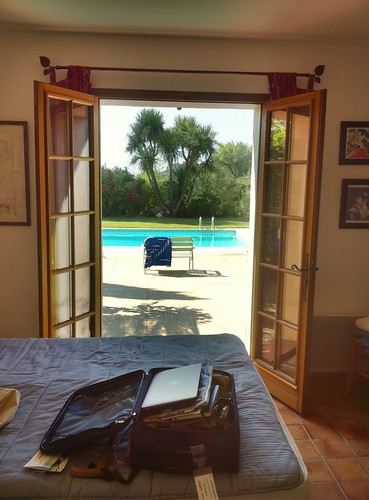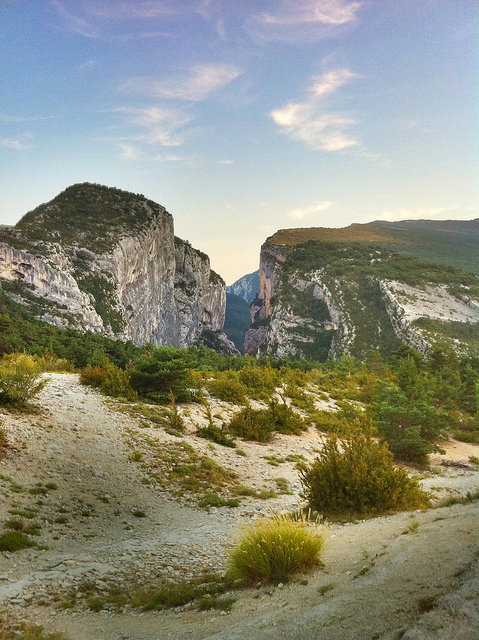Sobering Telegraph piece by Peter Oborne.
There have been warnings that we may be in for a repeat of the calamitous events of 2008. The truth, however, is that the situation is potentially much bleaker even than in those desperate days after the closure of Lehman Brothers. Back then, policy-makers had at their disposal a whole range of powerful tools to remedy the situation which are simply not available today.
First of all, the 2008 crisis struck at the ideal stage of an economic cycle. Interest rates were comparatively high, both in Europe and the United States. This meant that central banks were in a position to avert disaster by slashing the cost of borrowing. Today, rates are still at rock bottom, so that option is no longer available.
Second, the global situation was far more advantageous three years ago. One key reason why Western economies appeared to recover so fast was that China responded with a substantial economic boost. Today, China, plagued by high inflation as a result of this timely intervention, is in no position to stretch out a helping hand.
But it is the final difference that is the most alarming. Back in 2008, national balance sheets were in reasonable shape. In Britain, for example, state debt (according to the official figures, which were, admittedly, highly suspect) stood at around 40 per cent of GDP. This meant that we had the balance sheet strength to step into the markets and bail out failed banks. Partly as a result, national debt has now surged past the 60 per cent mark, meaning that it is impossible for the British government to perform the same rescue operation without risking bankruptcy. Many other Western democracies face the same problem.
The consequence is terrifying. Policy-makers find themselves in the position of a driver heading down the outside lane of a motorway who suddenly finds that none of his controls are working: no accelerator, no brakes and a faulty steering wheel. Experience, skill and a prodigious amount of luck are required if a grave accident is to be averted. Unfortunately, it is painfully apparent that none of these qualities are available: Western leaders are out of their depth.
Oborne thinks that banks in Spain and Italy may close — in the near future. So holidaymakers ought to be prepared.
British holidaymakers on the Continent should be advised to take care: hold only the minimum of the local currency, and treat with especial suspicion euro notes coded Y, S and M (signifying they were printed in Greece, Italy and Portugal respectively). Take plenty of dollars with you, which shopkeepers will certainly accept if there is a run on the banks, or if euros suddenly cease to be legal currency. The precautions may not prove necessary, but there is no point in taking risks.
Alarmist? Maybe. Maybe not.




